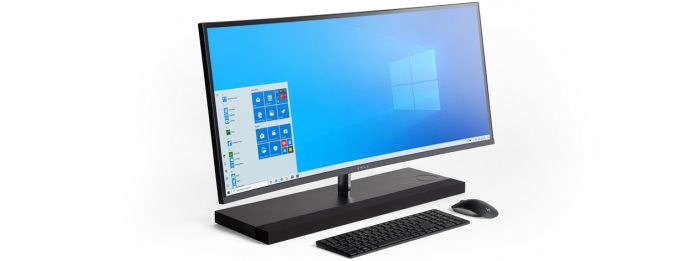While the halcyon days of the personal computer have long gone – taken over by a world of mobile computing – PC sales have held steady in recent years. Certainly, the days of predicting the outright doom of the PC market have passed. Enterprise sales may prop up the market, but even consumer PC sales have been solid.
However, in the second quarter PC market took a hit and sales declined according to both IDC and Gartner. During the COVID-19 pandemic during 2020, PC shipments were impressive as people turned to remote work. However, sales now seem to be slowing, but demand may only play a bit part role in the reason why.
A global chip shortage is impacting the availability of new laptops and desktops. Still, it is hard to reason that those who needed a PC in 2020 because of the pandemic has already bought one, so demand is now falling. Although, it is worth noting demand for new PCs is still higher than pre-pandemic.
“The market faces mixed signals as far as demand is concerned,” says Neha Mahajan, a senior research analyst for IDC. “With businesses opening back up, demand potential in the commercial segment appears promising. However, there are also early indicators of consumer demand slowing down as people shift spending priorities after nearly a year of aggressive PC buying.”
PC Sales
According to IDC, just over 83 million PCs shopped during Q2 2021, with Gartner offering a more modest 71 million figure. It is worth noting Gartner does not count Chromebook shipments, which could account for the just over 10 million difference to IDC.
Even though growth has likely stopped, PC sales are unlikely to fall off a cliff. Consumer models were less impacted by chip shortages than enterprise customers. When chip supplies pick up, enterprises that want PCs could be ready to purchase.
“The consumer PC market was less impacted by shortages than the enterprise market, as vendors can be more flexible in the system design of consumer models, enabling workarounds for certain supply constraints,” says Gartner.
Many manufacturers are also seeing growth. Lenovo remains the biggest player on the PC market, but Apple, Asus, and Acer all saw growth beyond the overall market. It is likely these companies were less impacted by chip shortages.
Of course, we cannot ignore Windows 11 when looking to the future of the PC market. Microsoft's new platform will land this fall, with a slew of new laptops with “Windows 11 installed” dropping alongside it. Microsoft has put some strict – if confusing – hardware requirements on upgrading to Windows 11. Enterprise customer particularly may be forced into buying new hardware if they want to upgrade.
Tip of the day: Do you know that Windows 10 allows creating PDFs from basically any app with printing support? In our tutorial, we show you how this works via Microsoft Print to PDF and Bullzip PDF Printer to save a PDF from any app, even with advanced options like adjusted quality, multi-page printing, and password protection.






